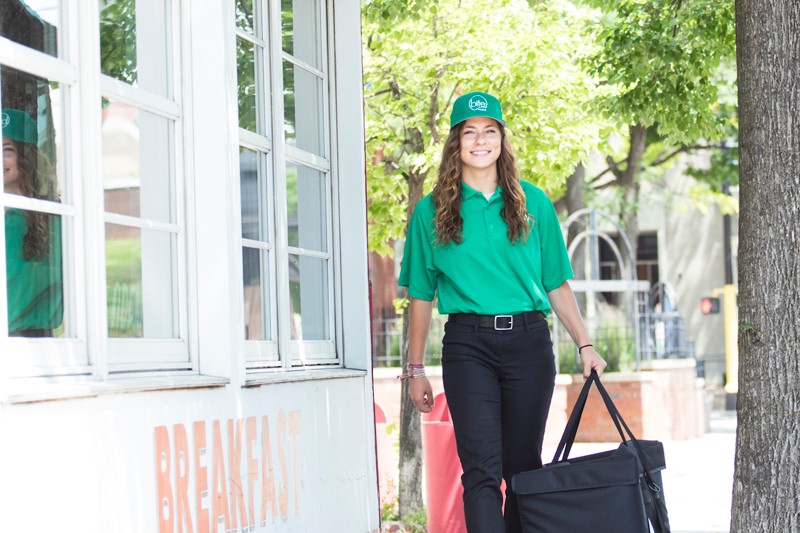In a decision that has reverberated throughout the gig-economy world, the California Supreme Court has upheld Proposition 22, a ballot initiative that classifies rideshare and delivery drivers as independent contractors. This ruling comes after a back-and-forth legal battle that saw the proposition initially approved by voters in 2020, then reversed by an appellate court in 2021, only to be reinstated in 2023 by the State Supreme Court.
Proposition 22, which was supported by 59 percent of voters, provides gig-economy workers with certain benefits, such as earning 120 percent of the local minimum wage for each hour worked, a health insurance stipend, and reimbursement for job-related injuries. However, it does not grant them employee status, which would come with full benefits and protections. The appellate court’s initial reversal in 2021 was based on concerns regarding workers’ compensation, but the State Supreme Court’s recent ruling has put an end to the legal uncertainty surrounding the proposition.
This decision represents a significant victory for rideshare companies, such as Uber, who heavily lobbied for the passage of Proposition 22, reportedly spending around $205 million on their efforts. In response to the ruling, Uber released a statement on its website, emphasizing the importance of allowing drivers and couriers the freedom to work on their own terms. The company highlighted the positive impact Proposition 22 has had on the lives of millions of gig workers in California, stating that it is overwhelmingly supported by drivers and couriers across the state.
While this ruling may put an end to the classification debate in California, it is unlikely to have a nationwide impact. Lindsey Cameron, an assistant professor at the Wharton School at the University of Pennsylvania, believes that future agreements regarding gig-worker classification will likely be settled on a city-by-city basis. Recent settlements in Massachusetts and the California Supreme Court’s decision indicate a trend towards localized solutions rather than sweeping statewide actions.
In conclusion, the California Supreme Court’s ruling on Proposition 22 has solidified the status of rideshare and delivery drivers as independent contractors in the state. While this decision may have implications for similar debates in other jurisdictions, it is clear that the gig-economy classification discussion is far from over. As the landscape continues to evolve, it is essential to consider the needs and preferences of gig workers in shaping future policies and regulations.

















